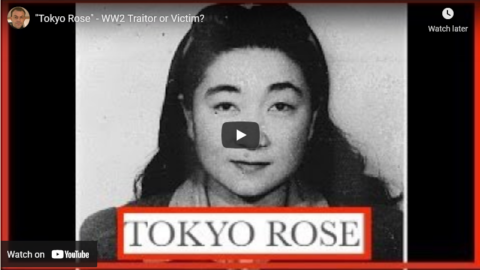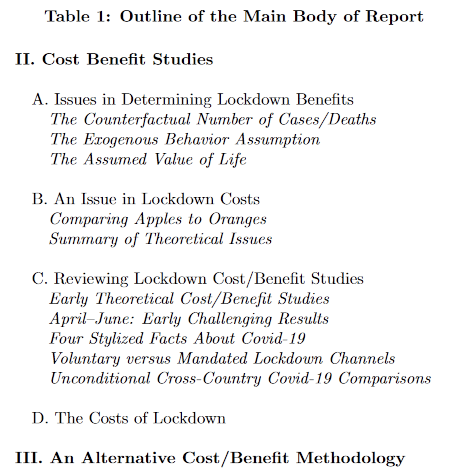Mark Felton Productions
Published 28 Apr 2021This is the story of “Tokyo Rose”, a Japanese-American from LA who broadcast propaganda for the Japanese during WW2. Was she a traitor or a victim?
Dr. Mark Felton is a well-known British historian, the author of 22 non-fiction books, including bestsellers Zero Night and Castle of the Eagles, both currently being developed into movies in Hollywood. In addition to writing, Mark also appears regularly in television documentaries around the world, including on The History Channel, Netflix, National Geographic, Quest, American Heroes Channel and RMC Decouverte. His books have formed the background to several TV and radio documentaries. More information about Mark can be found at: https://en.wikipedia.org/wiki/Mark_Fe…
Visit my audio book channel ‘War Stories with Mark Felton’: https://youtu.be/xszsAzbHcPEHelp support my channel:
https://www.paypal.me/markfeltonprodu…
https://www.patreon.com/markfeltonpro…Disclaimer: All opinions and comments expressed in the “Comments” section do not reflect the opinions of Mark Felton Productions. All opinions and comments should contribute to the dialogue. Mark Felton Productions does not condone written attacks, insults, racism, sexism, extremism, violence or otherwise questionable comments or material in the “Comments” section, and reserves the right to delete any comment violating this rule or to block any poster from the channel.
April 29, 2021
“Tokyo Rose” – WW2 Traitor or Victim?
Tank Chats #105 | Saladin | The Tank Museum
The Tank Museum
Published 4 Sep 2020David Fletcher is back! Join him as he discusses the FV601 Saladin — a six wheeled armoured car developed by Crossley Motors and later produced by Alvis. The Saladin has had a long service life and despite its dated design, is still in service with some countries.
Support the work of The Tank Museum on Patreon: ► https://www.patreon.com/tankmuseum
Visit The Tank Museum SHOP & become a Friend: ► tankmuseumshop.orgTwitter: ► https://twitter.com/TankMuseum
Instagram: ► https://www.instagram.com/tankmuseum/
#tankmuseum #tanks
QotD: Searching for useful reading lights
The room, in addition to its other drawbacks, was always underlit. But it’s proving a major challenge to find nifty lamps that also give enough light to read by. All the cool Art Nouveau sort of stuff only go up to 60 watts max, which, for a reader, is like switching on the darks. And the lamps in stores are not logically arranged by wattage; one has to wander about turning them upside down and peering at the little sticky labels on the sockets for a clue, for yea verily, the sales staff has none. They are not readers either, sigh.
Lois McMaster Bujold, letter to Baen’s Bar, 2004-10.






